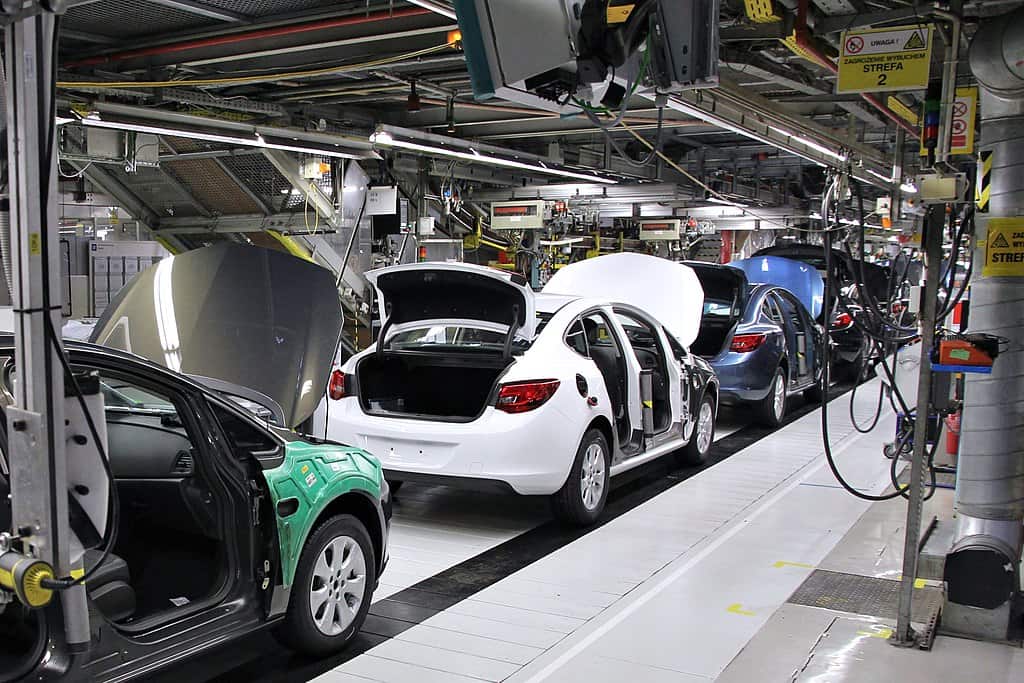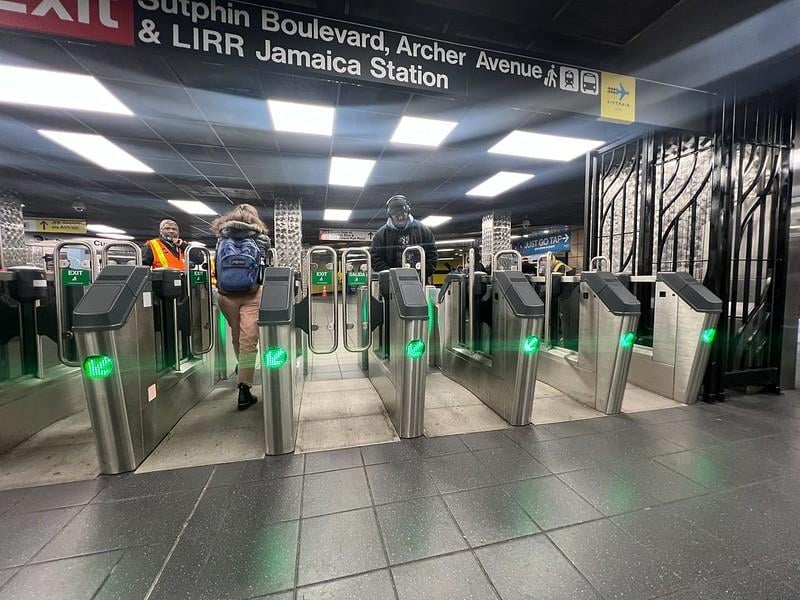The Trump administration announced steps to soften the blow of automotive tariffs on April 28, 2025, addressing concerns from carmakers about rising costs and supply chain disruptions. The adjustments target two key areas: reducing duties on foreign parts used in U.S.-made vehicles and preventing tariff “stacking” on imported cars.
“President Trump is building an important partnership with both the domestic automakers and our great American workers,” Commerce Secretary Howard Lutnick said in a White House statement. “This deal is a major victory for the President’s trade policy by rewarding companies who manufacture domestically, while providing runway to manufacturers who have expressed their commitment to invest in America and expand their domestic manufacturing.”
What’s Changing with Auto Tariffs
The adjustments aim to ease financial pressure on an industry that warned of serious consequences from the original tariff plan. Car companies paying the 25% auto tariff will no longer face additional levies on the same imports, such as those on steel and aluminum. The Wall Street Journal reports that companies will receive reimbursements for any “stacked” tariffs already paid.
The move comes days before Trump’s May 3 deadline to implement the 25% tariff on imported auto parts. A coalition of auto industry groups had sent a letter to administration officials warning these tariffs would “scramble the global automotive supply chain” and create a “domino effect” of higher consumer prices, lower dealership sales, and costlier vehicle repairs.
“Most auto suppliers are not capitalized for an abrupt tariff induced disruption. Many are already in distress and will face production stoppages, layoffs and bankruptcy,” the letter stated, noting that “it only takes the failure of one supplier to lead to a shutdown of an automaker’s production line.”
Industry Reaction
General Motors CEO Mary Barra welcomed the development. “We’re grateful to President Trump for his support of the U.S. automotive industry and the millions of Americans who depend on us,” she told the BBC. “We appreciate the productive conversations with the President and his Administration and look forward to continuing to work together.”
The announcement precedes Trump’s trip to Michigan on Tuesday, where he’ll hold a rally marking his first 100 days in office. Michigan houses Ford, General Motors, Stellantis, and over 1,000 major auto suppliers – making it politically significant territory for trade policy announcements.
More Stories:
Economic Context and Supply Chain Realities
The administration’s flexibility on auto tariffs comes amid broader economic concerns about Trump’s trade policies. Economic experts have previously expressed caution about the potential impacts of the wider tariff program implemented in early 2025.
The auto industry’s supply chain remains globally integrated, with even “American-made” vehicles containing significant imported components. This reality complicated the implementation of tariffs aimed primarily at foreign manufacturers without harming domestic production.
Industry groups representing GM, Toyota, Volkswagen, Hyundai and others had warned specifically about disruptions to the supply chain established under the USMCA agreement, which governs North American automotive trade.

What Happens Next
The official announcement and details of these adjustments are expected Tuesday during Trump’s Michigan visit. The implementation timeline and specific mechanics of the tariff adjustments will likely be clarified during this event.
While the adjustments offer relief to automakers, they represent a targeted modification rather than a fundamental shift in the administration’s “America First” trade approach. The core auto tariffs remain in place, particularly for fully-imported vehicles, maintaining pressure on foreign manufacturers to increase U.S. production.


















